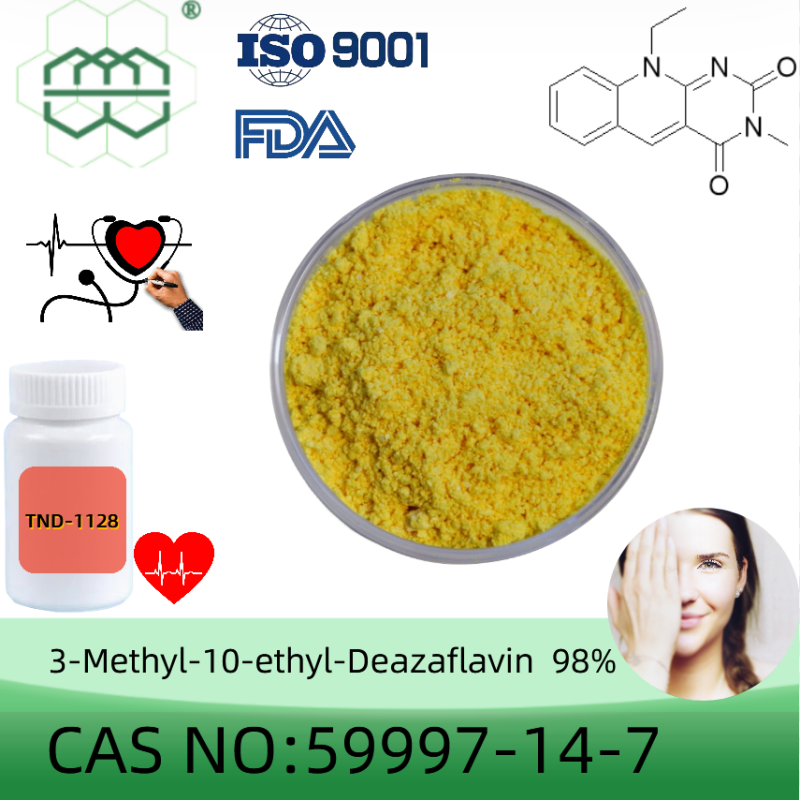-
Categories
-
Pharmaceutical Intermediates
-
Active Pharmaceutical Ingredients
-
Food Additives
- Industrial Coatings
- Agrochemicals
- Dyes and Pigments
- Surfactant
- Flavors and Fragrances
- Chemical Reagents
- Catalyst and Auxiliary
- Natural Products
- Inorganic Chemistry
-
Organic Chemistry
-
Biochemical Engineering
- Analytical Chemistry
-
Cosmetic Ingredient
- Water Treatment Chemical
-
Pharmaceutical Intermediates
Promotion
ECHEMI Mall
Wholesale
Weekly Price
Exhibition
News
-
Trade Service
a new type of robot shaped like flat noodles could help collect ecological data in a softer, less invasive way. The researchers say the stress-related gene expression of jellyfish caught by ultrasopply robotic fingers is significantly lower than that of traditional diving gripmers. The paper was published recently in Current Biology.
Genomics study shows that newly developed software robots are a friendlier tool for capturing smooth creatures like jellyfish," said Michael Tessler, lead author of the paper and a postdoctoral fellow at the American Museum of Natural History. "
jellyfish, unlike dogs or cats, make hissing or wailing when they feel uncomfortable. Instead, by analyzing which genes jellyfish express, they can help people understand how jellyfish respond to their surroundings. Using gene sequencing, the researchers came up with differences in gene expression when jellyfish swim freely, are caught by the fingers of a software robot, and are caught by standard hard grips.
results showed that jellyfish that were gently grabbed showed the most similar gene expression spectrum to undisturbed individuals, proving that their response to being grabbed was relatively calm. The jellyfish caught in the hand expressed "repair" genes, suggesting that they were preparing for imminent physical damage.
the study has far more impact than the jellyfish study. The researchers say the study also confirms that software robots can be used as efficient tools for fine interactions in the deep sea. Ocean exploration is a difficult task, such as collecting data by removing material from the seabed or killing samples for research on the ground. With the application of software robots, it is possible to collect DNA samples and even medical examination in real time with little impact on deep-sea biophysics.
even these software robot tools are expected to directly benefit mankind. Co-author Rob Wood, an engineering professor at Harvard University's John Paulson School of Engineering and Applied Sciences, said: "Software robots can be used to pick fruit from trees intact, help stroke patients regain muscle, and many hard robots do things that are too clumsy or too strong. Information
papers:







